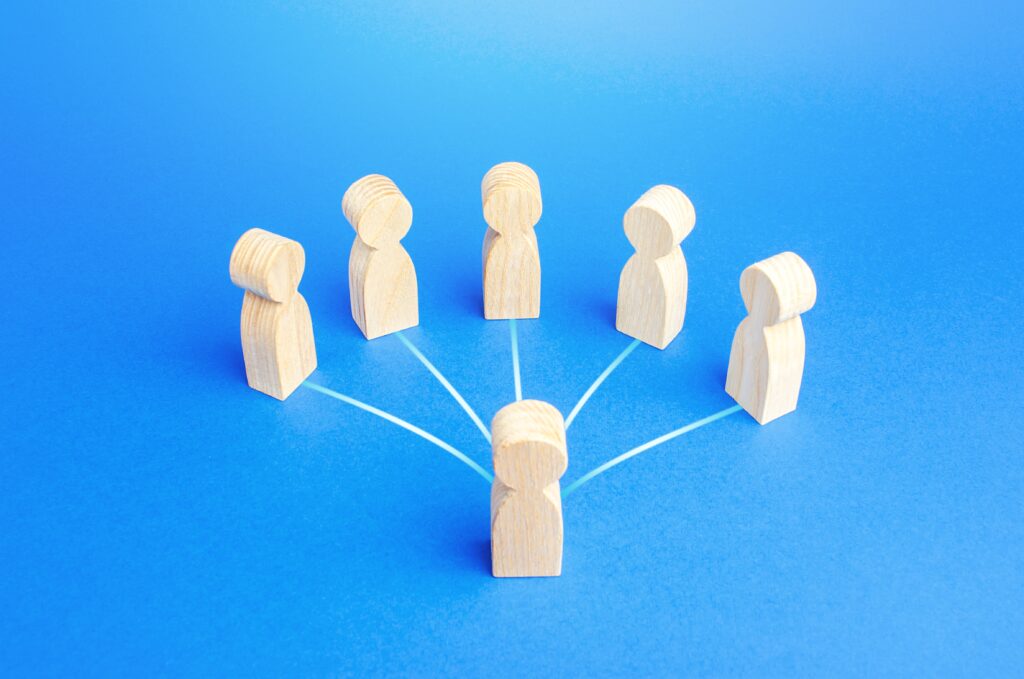“Our connection with others can only be as deep as our connection with ourselves.” This is a quote from Dr. Brene’ Brown’s most recent book, “Atlas of the Heart”. Dr. Brown goes on to discuss that the confidence to “cultivate meaningful connection” with others comes from knowing and understanding who we are and what we know, want, and believe.
As a coach, I’ve found this to be true for both myself and my clients.
AS A COACH
The first assignment, as part of my professional coach training with the Institute in Professional Excellence in Coaching (IPEC), was a 50-question document that explored everything from my first memory to my most impactful life experiences (both positives and negatives). I spent 12 hours answering the first 9 questions alone. Resurrecting some long-filed away memories that, for some reason, were now finding the light of day as I diligently answered every question as if I were writing the first draft of my autobiography. Another 20 hours later, I finished the assignment. Although I was mentally exhausted, I was more consciously aware than ever before about my values, motivations, and the importance of meaningful connections in my life and excited for what was next.
As my coach training continued, the purpose of the first assignment became much clearer. A key to any productive coach/client relationship is the ability to provide a supportive, safe space where the client can explore anything without the fear of judgment. My awareness journey, spanning sorrow and anguish through love and joy, has helped me to find the solid ground to “cultivate meaningful connection” and provide that supportive, non-judgmental, safe space for others.
FROM MY CLIENTS
Many of my client discussions focus on the importance of connections, both personally and professionally. In these discussions, the following two skills and behaviors get the most focus:
- EMOTIONAL INTELLIGENCE – the ability to perceive, use, understand, manage, and handle emotions.
- EMPATHY – is the act of understanding, being aware, and vicariously experiencing the feelings and thoughts of another.
Whether trying to make/improve connections with team members, other co-workers, bosses, acquaintances, or loved ones. The practice of empathy in building skills that support emotional intelligence can be exhausting. Clients are spending too much time and effort connecting with others, leaving little energy for self-connection.
For connections to be meaningful, both parties need to get something out of the relationship, a truly win-win dynamic. In a recent article published in Psychology Today entitled, “6 Conversation Habits That Lead to More Meaningful Connection”. Dr. Dave Smallen proposes 6 steps to achieve the win-win dynamic and emphasizes the importance of self-reflection in the process.
- Listen with full attention – to best understand what the other person is saying and to communicate that you care.
- Listen to understand their perspective – this is more than just hearing their words, but truly understanding the core message behind the words. This is a good place to ask follow-up questions to clarify your understanding.
- Validate their experiences and emotions – to show someone that you take their perspective seriously and respect the meaning they have made about their own experiences.
- Share your own experiences – self-disclosure can be a great way to build closeness and trust in a relationship. It is also a great way to validate the experience of others. This is where our own self-awareness and self-reflection become most important.
- Highlight common ground – sharing our reality with others can be a very positive connection tool. Acknowledging when you notice that you and another person have similar experiences or interests can help solidify a bond.
- Express affection, gratitude, and celebration – words of support and encouragement and actions that recognize an accomplishment all help to make meaningful connections to an enhanced level.
Returning to “Atlas of the Heart”, “Our connection with others can only be as deep as our connection with ourselves”. But how do we connect with ourselves? In my case, it was a 50-page questionnaire that, in hindsight, touched on all four ways that Dr. Brown identifies to recognize, name, and make sense of our feelings and experiences.
- Understand how they show up in our bodies and why
- Explore how our families and communities influence our beliefs about the connection between feelings, thoughts, and behaviors.
- Examine our go-to behaviors
- Recognize the context of what we’re feeling or thinking. What brought this on?
Regardless of how we choose to connect with ourselves. It is critically important to do so, if we want to make, maintain, and grow meaningful connections.
References:
“Atlas of the Heart” by Dr. Brene’ Brown
“6 Conversation Habits that Lead to More Meaningful Connection” by Dr. Dave Smallen

